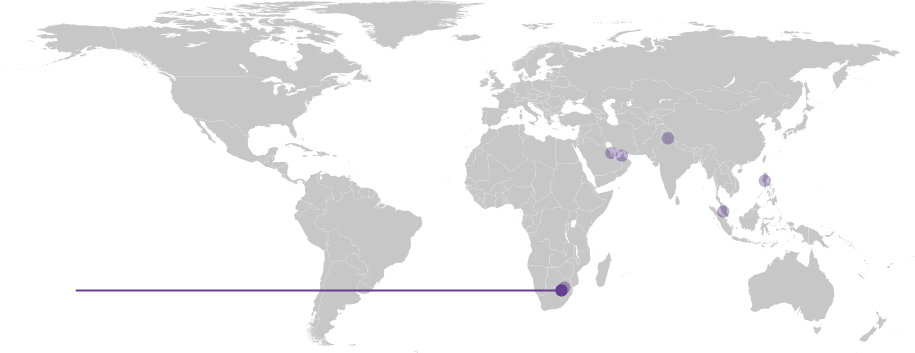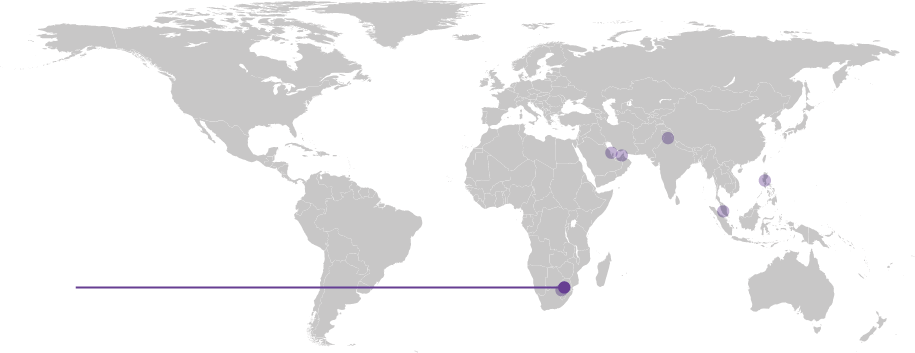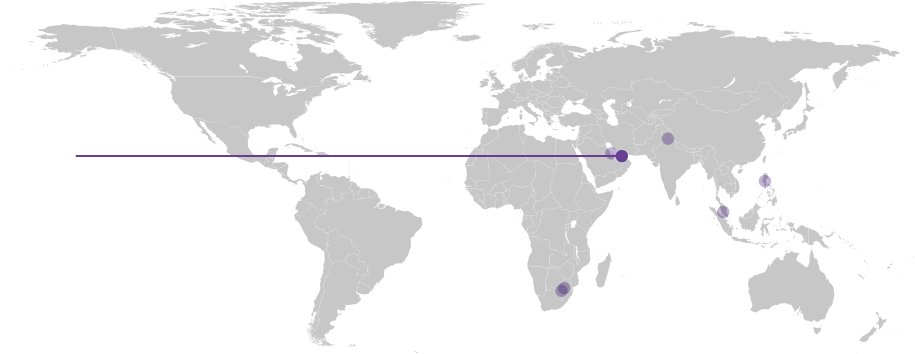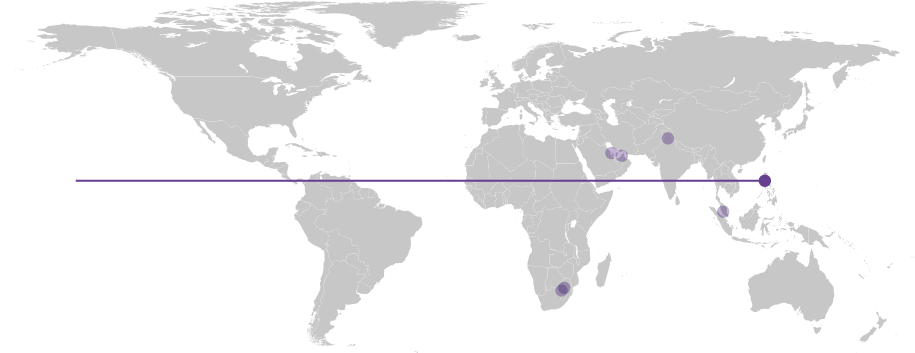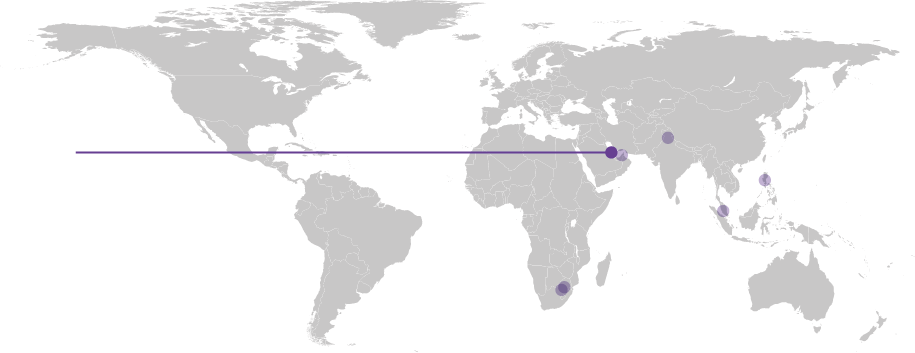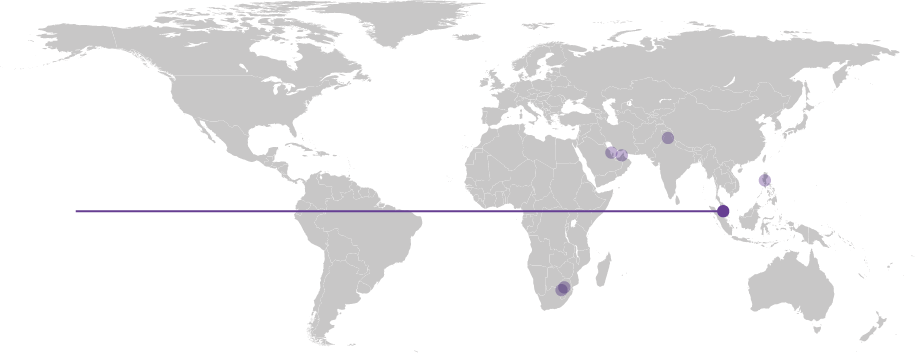Improve learning in your school with a trusted assessment designed by experts.
IBT is an internationally administered program of assessments to compare student performance globally.
IBT allows individual performance to be tracked against international standards. The tests cover English, Mathematics, Reasoning, Science, Arabic Language and Hindi Language.
- 700+ schools enrolled around the globe
- Detailed analysis of student performance
- New content added every year
- Online or paper delivery to suit your needs
International comparisons
Compare student results against international benchmarks, and against a described proficiency scale of student ability worldwide.

Comprehensive reporting
See a complete picture of student learning with a rich variety of reports and data provided to schools, as well as detailed individual reports for parents showing student progress.

World-class test content
New and stimulating content is developed for the IBT by ACER each year, a world leader in educational research, assessment and reporting.
A message from our CEO
ACER chief executive Professor Geoff Masters – a renowned expert in educational measurement – talks about Progressive Achievement, a revolutionary new way of thinking about assessment that powers the IBT.

ACER: bringing international expertise to Southeast Asia
ACER is an independent, not-for-profit educational research organisation. We bring ACER's global expertise to Southeast Asia for creating and promoting research-based knowledge, products and services to improve learning.
